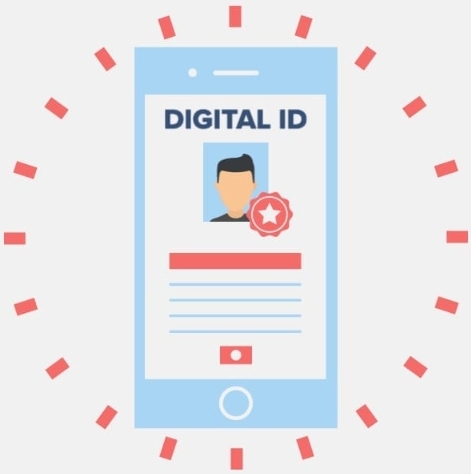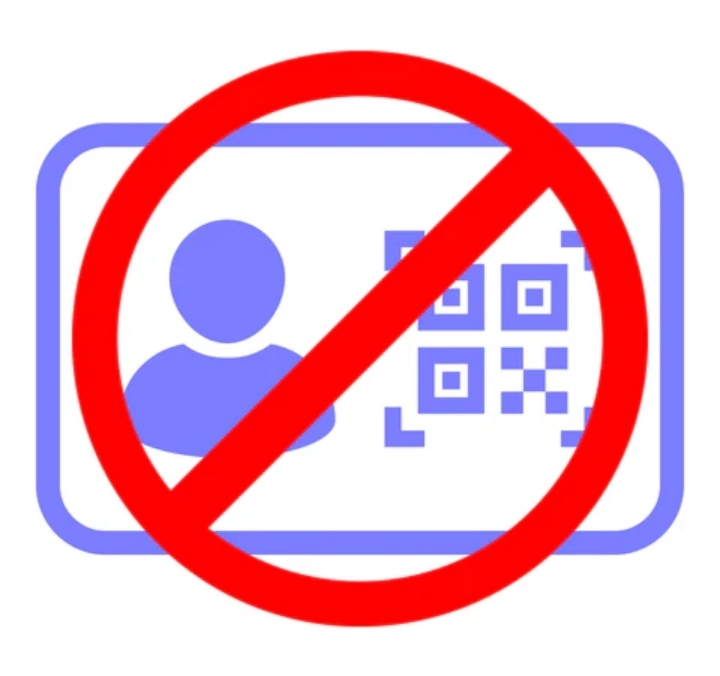
IMAGE
LThe UK’s plan to introduce digital driving licences is being celebrated as a step into the future. Presented as a voluntary, modernised service to "transform public services," these digital IDs aim to simplify our lives by consolidating identification, tax payments, benefits, and more into a single government app. But as with all shiny new technology, the devil is in the details—and this development raises serious questions about privacy, control, and the erosion of personal freedoms.
Convenience at a cost!!
It’s hard to argue against the allure of convenience. Digital driving licences promise faster checkouts at supermarkets, simplified voting, and streamlined access to public services. But the promotion of ease often obscures the bigger picture: what does it mean to tie essential aspects of your life to a centralised, government-controlled app?
The government insists these digital licences will remain voluntary, but history shows us how “voluntary” systems quickly evolve into de facto requirements. Today’s optional feature becomes tomorrow’s standard, and soon, those who choose to stick with physical IDs may find themselves excluded from certain services or treated as suspicious outliers.
Though ministers are keen to reassure us that digital licences stop short of being full-blown digital ID cards, the trajectory is clear. Adding tax payments, benefits claims, and national insurance numbers to the app blurs the line between a simple driving licence and a comprehensive digital identity system. It’s the classic “boiling frog” scenario: incremental steps that seem harmless until it’s too late to reverse the trend.
We’ve seen this approach in other countries where digital ID systems are now mandatory for accessing healthcare, banking, and even purchasing everyday items. In the European Union, every member state must implement at least one form of digital ID by 2026, highlighting the global momentum behind this shift.

IMAGE
Anonymity under threat
Proponents of digital licences argue they are more secure than physical ones, with features like biometrics and multi-factor authentication. But while these measures may protect against fraud, they also create a comprehensive, traceable digital footprint.
Consider the potential misuse of such data. Centralised systems are ripe for exploitation, whether through hacking, government overreach, or corporate partnerships. Your movements, purchases, and even political preferences could be logged, analysed, and shared. And while the app might allow users to “hide their address” in certain situations, the government’s access to this information remains unrestricted.
Organisations like Big Brother Watch have already called out the risks, labelling digital IDs as a potential “assault on privacy.” When we sacrifice anonymity in the name of convenience, we risk normalising a level of surveillance that undermines the very freedoms these systems claim to protect.
The argument that “if you’ve got nothing to hide, you’ve got nothing to fear” is not only naïve but dangerous. Privacy is not about secrecy—it’s about having the freedom to live without being constantly monitored or judged.
The need for pushback
If we don’t challenge the introduction of digital IDs now, we risk sleepwalking into a future where every aspect of our lives is under surveillance. Resistance isn’t about rejecting progress—it’s about demanding that technology serves us, not controls us.
Governments often rely on public apathy to implement controversial policies. By presenting digital licences as a benign convenience, they sidestep the debate about long-term implications. But this is precisely why we need to act. Discuss these developments with your friends and family, write to your MP, and support organisations that champion privacy rights.

IMAGE
The push for digital IDs is not just a UK issue—it’s a global trend. From Australia to the EU, countries are rolling out digital identity systems, often with little public consultation. If we don’t draw a line now, it may soon be impossible to reclaim the freedoms we take for granted today.
Convenience should never come at the cost of control over our own lives. Let’s ensure the digital revolution serves us—not the other way around.